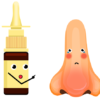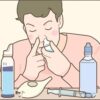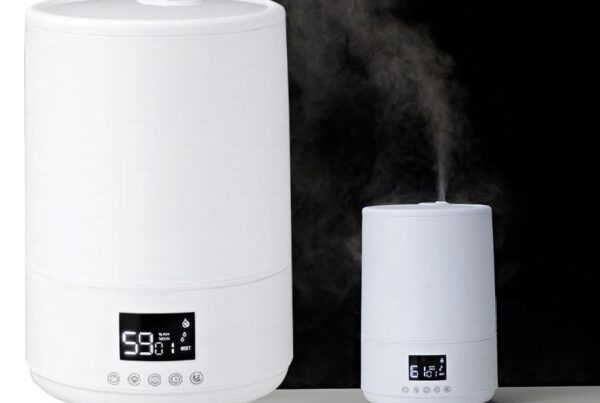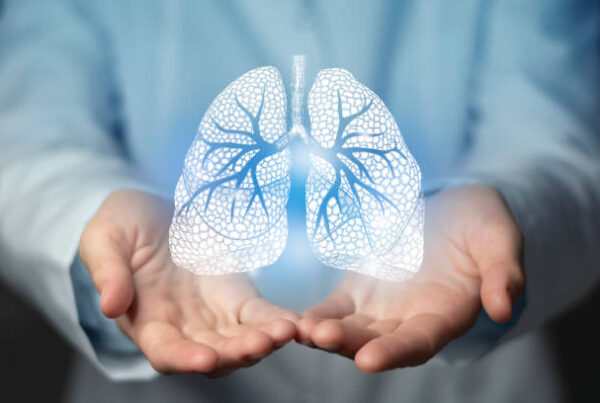A possible complication of respiratory disease is suffocation or vomiting. It usually occurs in the elderly, children or pregnant women. Airway obstruction due to overeating.
Second, there may be symptoms of upper airway obstruction and lower airway obstruction. It is more likely to cause pneumonia and atelectasis.
Recommendation: Clear the respiratory tract in time to avoid life-threatening.
The following are common complications of the respiratory system:
Vomiting and Choking
It usually appears in emergency patients, elderly patients, comatose patients, mothers, and children after a full meal.
Once the signs of vomiting detect, the correct operation is to lower the patient’s upper body and turn the head to one side. And promptly remove the vomit.

Airway Obstruction
Obstruction of Upper Airway:
Children with rhinitis are prone to runny nose and sneezing. More severe headaches can occur. Rhinitis divid into many types.
Such as allergic rhinitis, chronic rhinitis, atrophic rhinitis. Treat different types of rhinitis are different ways. Therefore, after the child has rhinitis, through active treatment to improve. Prevent rhinitis from repeatedly posing a threat to the health of children.
- When the tongue falls back, lift the lower jaw to open the oropharyngeal airway and clear throat secretions;
- Laryngeal edema, can use glucocorticoids, and tracheotomy if necessary;
- During laryngospasm, apply pressure to give oxygen;
- In severe cases, implement cricothyroid membrane puncture to give oxygen.
- Perform endotracheal intubation if necessary.

Obstruction of Lower Airway:
The common cause is the accumulation of tracheal and bronchial secretions.Or saliva or vomit accidentally enters the airway or bronchospasm.
The most effective treatment measures are endotracheal intubation, suction to remove secretions, and antispasmodics.
Atelectasis and Pneumonia
Due to sputum blocking the bronchial or aspiration during anesthesia.
Prevention should be the main priority, timely removal of respiratory secretions. Keep the airway open to prevent aspiration.







Recent Comments